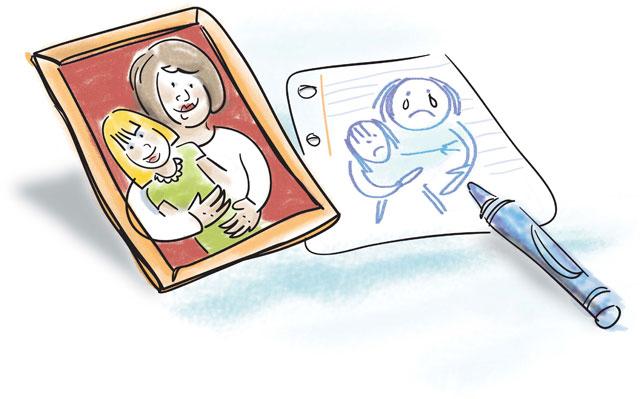You are here
Experts say more needed to combat child marriages among refugees
By Elizabeth Turnbull - Jul 22,2019 - Last updated at Jul 22,2019
AMMAN — As early marriage cases among Syrian refugees in Jordan rise, preventative measures should strive to keep girls in school, which is in the best interests of both the economy and the girls, according to experts.
While the prevalence of child marriage in Jordan is lower than in other countries of the region, since 2014, the number of Syrian girls in Jordan becoming child brides has more than doubled to encompass 35 per cent of all Syrian marriages in 2017, according to official figures from the Chief Islamic Justice Department.
“This sort of so-called marriage deprives the new teen family from... education, and deprives their newborns from enjoying a safe life,” economist Husam Ayesh told The Jordan Times on Saturday. “This produces child families responsible for their own lives as well as the lives of their children.”
In conjunction with views on women’s place in society, restricted work opportunities, and the fact most children who marry subsequently drop out of school, such marriages serve to exacerbate already low levels of women’s economic participation in Jordan, which is one of the lowest in the world, according to Ayesh.
As of February, fewer than one-fifth of women were engaged in the workforce in Jordan, according to a USAID study on Gender Equality and Female Empowerment.
“Most women have turned to become consumers rather than producers,” according to Ayesh. “This exacerbates the problem of weak economic performance and also explains partially the three times higher [volume of] imports in Jordan than volume of exports.”
While the adverse effects of such marriages may seem more or less apparent, chief of the Child Protection Programme at UNICEF Jordan, Maha Homsi, said that familial convictions and social beliefs are often the reason for such marriages.
“Child marriage is prevalent as a result of many factors,” Homsi told The Jordan Times Sunday. “One of them is the social norms among Syrians, which values ‘Sutra-girls honour’ coupled with harsh economic conditions that families face, lack of work opportunities for families and the lack of future educational opportunities.”
Homsi suggested that efforts to keep girls in school through the secondary level should be strengthened and awareness about the risks of childhood marriage should be raised among parents and in-laws.
In addition, Homsi stressed the importance enhancing social protection programmes for refugees and vulnerable groups, as well as having campaigns that discuss family marriages with different messaging for men and women.
Related Articles
AMMAN — After fleeing Syria with her family, Masa started a new life for herself in Jordan and after many of her friends began getting engag
AMMAN – Child marriage has repercussions on human development throughout all stages of women’s lives, according to a recent study by the UN
AMMAN — In an ambitious new programme, UNICEF Jordan seeks to engage journalists in addressing the issue of violence against children in a s
















